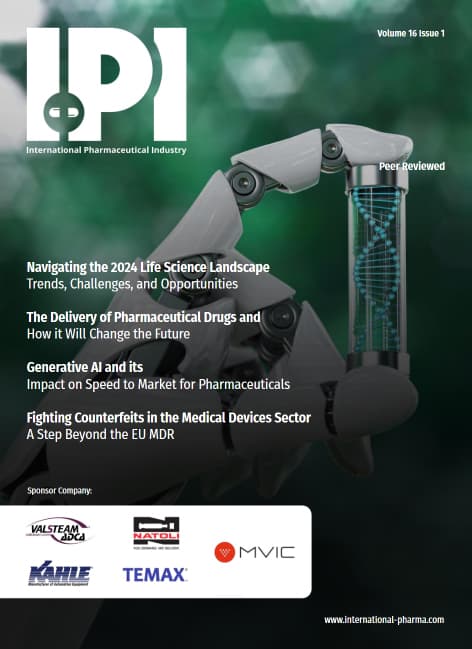The genetic condition affects one in 279 people in England and significantly increases cancer risk
Researchers from the Institute of Cancer Research (ICR), in collaboration with the National Disease Registration Service, the NHS Genomic Medicine Service Alliances and the NHS Regional Clinical Genetics Services, have set up the UK’s first-ever comprehensive database registry for Lynch syndrome patients to prevent cancer.
The English National Lynch Syndrome Registry aims to improve the treatment of all patients living with the genetic condition and prevent those at high risk of cancer.
Estimated to affect one in 279 people in England, Lynch syndrome is a hereditary genetic condition that significantly increases the risk of cancer and can cause cancer to occur two decades earlier compared to the general population.
Comprising over 9,000 patients with Lynch syndrome, the new database has been designed to assist clinicians when adding diagnosed patients in the future and can be linked to the National Cancer Registration Dataset to pair cancer diagnosis, treatment and outcomes with the genomic data of Lynch syndrome patients.
Collected data will help identify regional differences in access, quality of care that patients experience and their health outcomes.
The database will be studied by ICR researchers to find tailored cancer prevention and treatment strategies to significantly improve outcomes for this patient population, as well as find patients who are eligible for clinical trials.
In addition, the database is expected to increase as the NHS rolls out Lynch syndrome tumour testing for those diagnosed with bowel or endometrial cancer to detect the disease in earlier stages when treatment is more successful.
Dr Lucy Loong, clinical research fellow, translational cancer genetics, ICR, commented: “By centralising patients’ genetic data, together with detailed information about the cancer diagnosis and treatments that these patients have received, researchers will gain crucial insights into Lynch syndrome… [unlocking] new opportunities for precision medicine and prevention, ultimately improving the lives of patients living with the condition.”

























